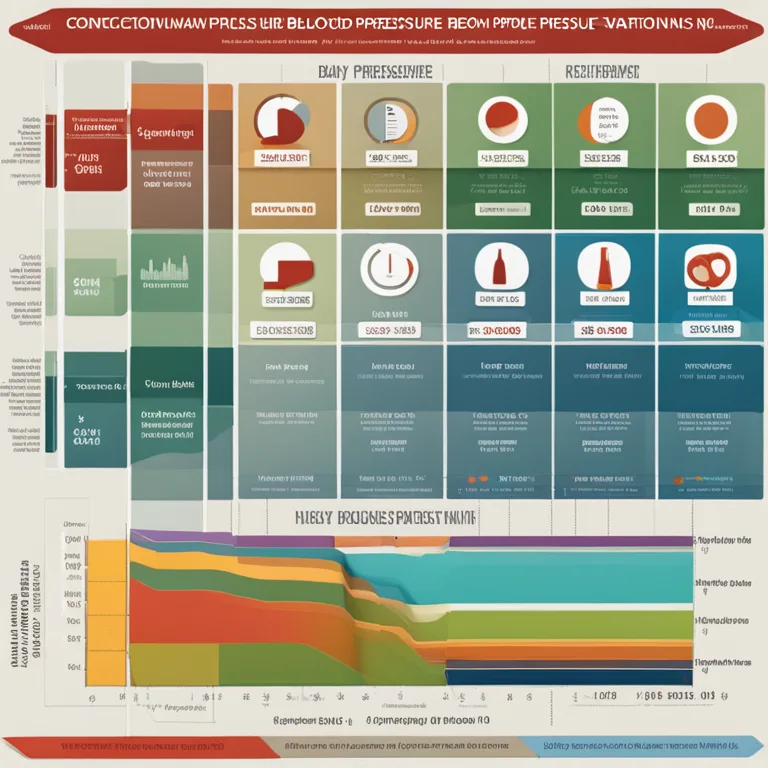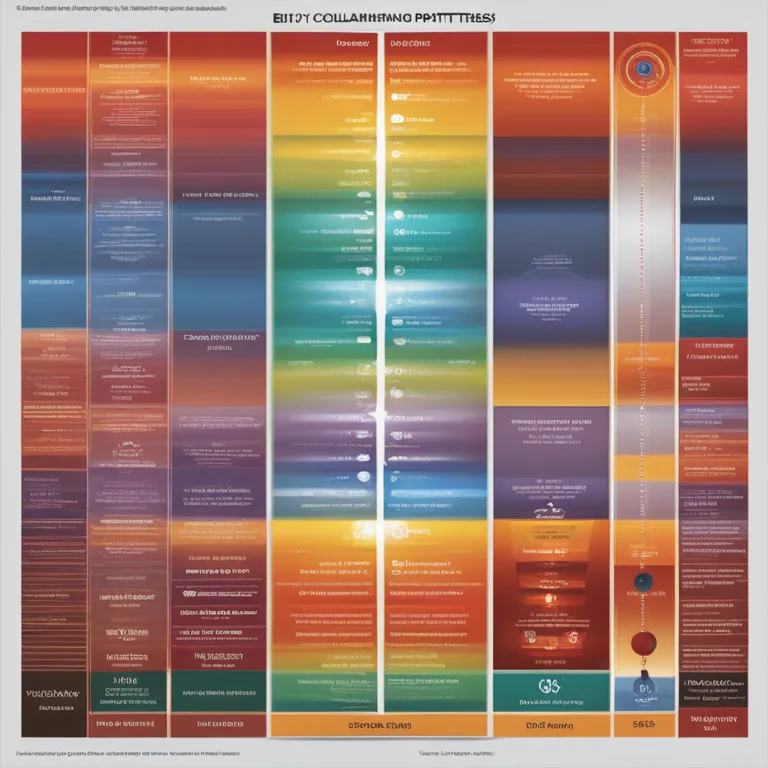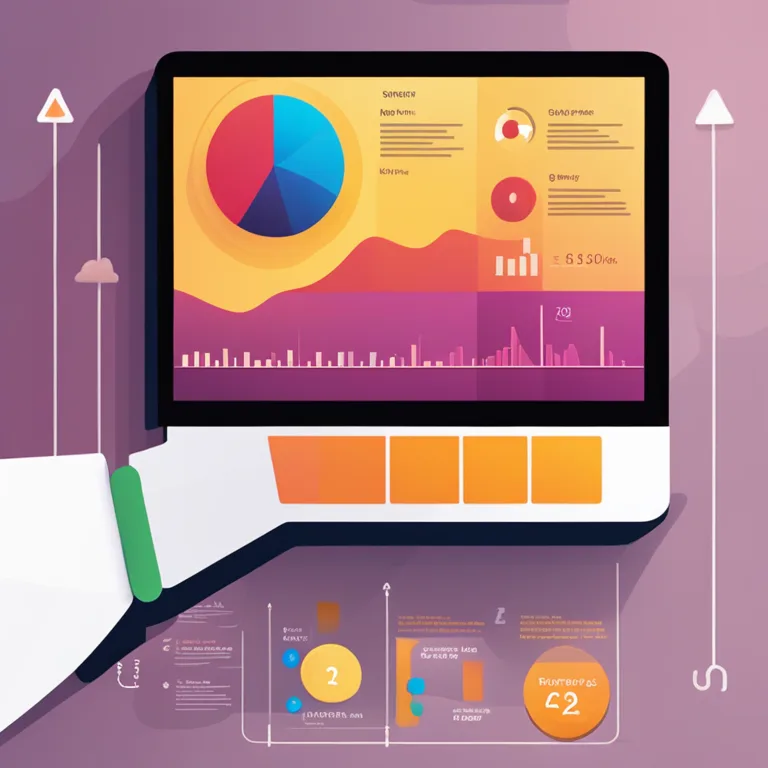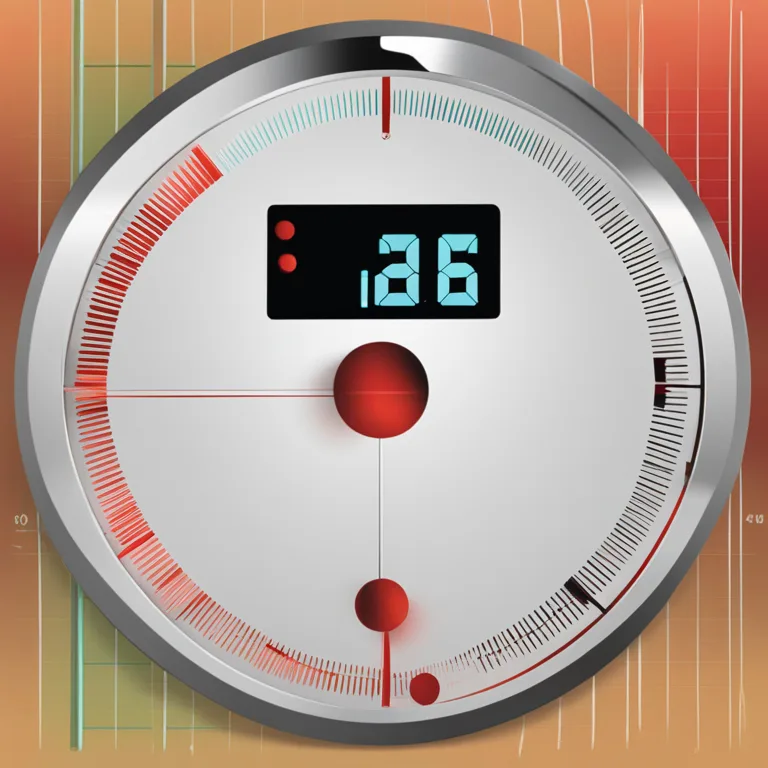
Biorhythms and Blood Pressure Dynamics
Discover how biorhythms can influence your blood pressure and what that means for your health and wellbeing.
article by Adrian Wallace
The Biorhythm-Blood Pressure Connection
The concept of biorhythms suggests that our lives are influenced by natural physiological cycles. These cycles are believed to affect various aspects of human health, including blood pressure. Blood pressure, a vital sign of human health, fluctuates naturally over the course of the day due to factors such as activity levels, stress, and sleep. However, proponents of biorhythm theory postulate that these fluctuations can also align with our individual biological cycles, potentially shedding light on patterns that could inform personalized healthcare strategies.

Understanding Your Biorhythmic Patterns
When discussing biorhythms, we generally refer to the three primary cycles: the physical, emotional, and intellectual cycles, each with different durations. The physical cycle, lasting approximately 23 days, could influence your cardiovascular system's efficiency, which in turn may affect blood pressure levels. By monitoring your biorhythms, you might be able to predict periods of higher or lower blood pressure, although it's important to note that scientific support for this theory is still limited and requires further research.

Biorhythms in the Modern Health Landscape
With advancements in technology, particularly wearable health devices, monitoring biorhythms has become more accessible. Users can now track their biological cycles alongside other health metrics, such as blood pressure, to observe correlations and patterns. In this digital health era, personal data gathered through such devices could potentially contribute to individualized health assessments and even early warning systems for potential hypertensive events.

Interpreting Data with Caution
While the link between biorhythms and health variables like blood pressure is an area of growing interest, it is crucial to approach interpretations with caution. Current medical understanding underscores that numerous factors, including genetics, diet, exercise, and stress, play significant roles in blood pressure regulation. Biorhythms may offer an additional piece to the complex puzzle of health, but they should not be considered in isolation or as a substitute for professional medical advice and intervention.

Integrating Biorhythms into Health Planning
Some health practitioners who support holistic wellness approaches may consider biorhythms in their recommendations. They might suggest lifestyle adjustments, such as stress management techniques or exercise regimens, that are tailored to an individual's biorhythmic cycles to help maintain optimal blood pressure levels. It's an intriguing prospect that highlights the potential for a more personalized and predictive approach to health care in the future.
The Future of Biorhythms and Blood Pressure Research
Looking ahead, extensive research will be necessary to firmly establish any connections between biorhythms and blood pressure. Science is only beginning to scratch the surface of how biological rhythms influence health. Progressive medical studies are exploring these patterns, with the ultimate goal of incorporating such insights into evidence-based clinical practice.
Published: 12/28/2023
Modified: 12/28/2023
More predictions
Come back here soon to learn more about yourself and your future


Unlocking Biorhythm Calculations
Learn the ins and outs of measuring your biorhythms to align with your natural energy cycles for enhanced well-being and decision-making.


The Synergy of Cycles: Biorhythm Compatibility
Discover the secrets of biorhythm compatibility and how it might influence personal connections in our comprehensive guide.


The Mechanics of Biorhythms: A Comprehensive Guide
Discover how biorhythms influence your daily life with this detailed guide to the rhythms that govern our physical, emotional, and intellectual states.